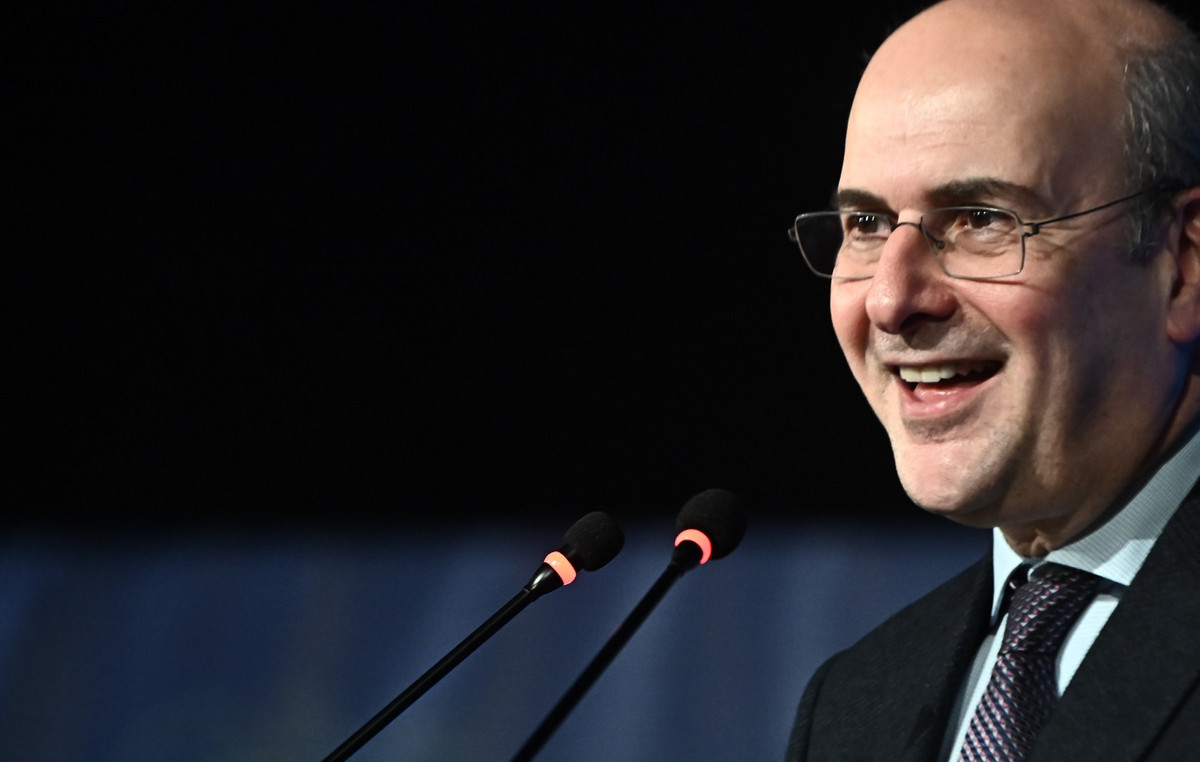By Eleftherias Kourtalis
A cut in gas supplies from Russia could reduce Eurozone GDP by more than 1%, and that would mean a 10% contraction in earnings per share (EPS) of European companies over the next 12 months, Citigroup estimates.
According to her calculations, the market is pricing in an economic slowdown, but not a recession. The realization of the recession scenario could push share prices into a further 10% sell-off from current levels, with Chemicals and Metals the hardest hit sectors.
Natural gas shortages and recession
A sharp drop in Russian natural gas flows through Nordstream 1 since mid-June caused a fresh rise in European gas prices and raised the risk of a recession in Europe.
Citi economists, however, expect natural gas to start flowing again, but at a reduced rate. However, it is still possible to turn it off completely.
If Russian gas flows are not restored, this will likely push energy prices and inflation higher, while forcing energy rationing in the industrial sector, according to Citi.
Without Russian gas, Germany and Italy (and possibly some Central European countries) would face significant gas shortages this winter. Prices will remain high, possibly reaching 250 euros/MWh.
This could add 1.3% to the region’s inflation over the next two years. At the same time, the implementation of energy vouchers and reduced consumer demand could remove 1-1.5% of the Eurozone’s GDP this year and next year, causing a (mild) recession, with Germany most affected (1, 5% GDP reduction), followed by Italy.
Fiscal and monetary policy response
Any slowdown in growth would likely be offset somewhat by fiscal intervention. This could include targeted support for businesses in the form of cheap, government-guaranteed loans to keep businesses liquid and job support programs.
In the short term, the ECB is expected to go ahead with interest rate hikes and perhaps even accelerate them. But when the recession kicks in and governments need to prop up the economy, monetary-fiscal coordination may return, meaning interest rate hikes could be on hold until the end of the year
Plunge in profitability, new sell-off in shares
Citi economists forecast GDP growth of 2.6% this year and 1.9% next year in the eurozone. This is in line with EPS growth of 3%. They also believe that a complete shutdown of natural gas would mean more than 1% lower GDP in the eurozone, with the biggest downgrades occurring between the third quarter of 2022 and the first quarter of 2023.
This would imply a 10% contraction in EPS, while a deep recession would mean a 30% drop in profits. The analyst consensus is for EPS growth of 15% this year and 4% next year, and that seems overly optimistic, Citi points out, while the market is only pricing in an economic slowdown, not a recession.
However, a 10% EPS contraction could drive share prices 10% lower than current levels.
In this context, Citi identifies stocks as having already been most affected by the restriction of natural gas flows. These 24 stocks from the European region have fallen 30% since the start of the year, underperforming the European market by 15%. Since the recent gas price lows in early June, these stocks have plunged about 20%, tracking (inversely) the rise in gas prices.
So these stocks are expected to be hit the hardest going forward – with the Chemicals, Metals and Mining sectors being the most “at risk” – and are as follows:
Source: Capital
I am Sophia william, author of World Stock Market. I have a degree in journalism from the University of Missouri and I have worked as a reporter for several news websites. I have a passion for writing and informing people about the latest news and events happening in the world. I strive to be accurate and unbiased in my reporting, and I hope to provide readers with valuable information that they can use to make informed decisions.







